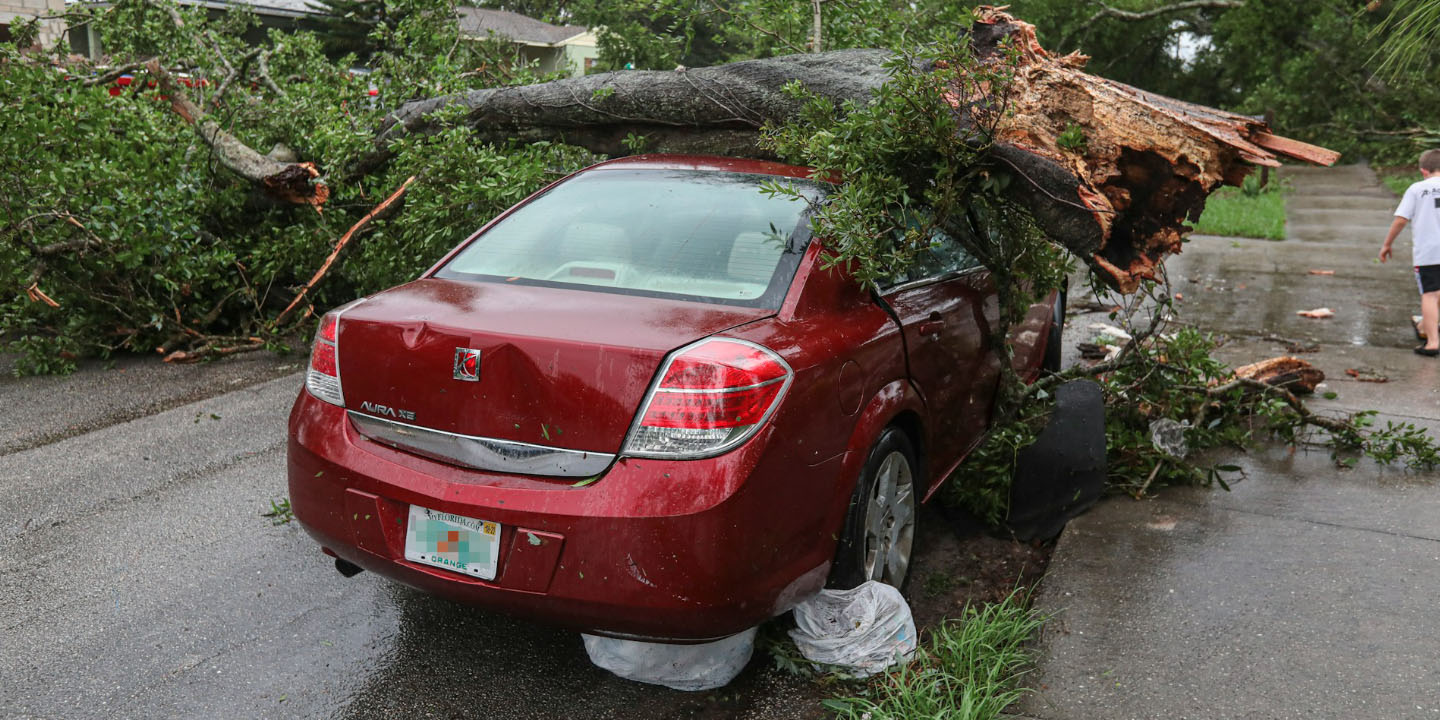If there’s one surefire way to get scammed, it’s buying a car from a shady dealer. Obviously, everyone knows not to buy from someone you can’t trust, but it has become increasingly difficult to discern the crooks from the good guys. Here are a few red flags to look out for when buying a car from a dealer you’re not familiar with.
1. The Switcheroo
They don’t call it the “old switcheroo” for nothing. A scheme as old as time, some especially shady dealers may try to switch the agreed upon car model to a lower spec model without telling you. When finalizing your paperwork, always be sure to double-check all the requisite information including make, model, and specifications.
2. Financing Follies
Don’t let sloppy financing agreements ruin an otherwise good deal. Shady dealers love to offer financing deals that they renege on or tweak to their advantage days after you’ve already gotten used to your shiny new car. Make sure to finalize your financing and get pre-approved by your bank and credit union first.
3. Extended Warranty Upsell
Dealers of all varieties like to dangle unnecessary warranties as a way to make some quick cash from unsuspecting rubes. In most instances, these extended warranties are useless and just a blatant waste of your hard-earned money. Always go over the initial manufacturer’s warranty and what it covers before committing to anything extra.
 Photo by LinkedIn Sales Solutions
Photo by LinkedIn Sales Solutions
4. The Four-Square Scheme
Dealers are masters at manipulation and misdirection. The “four-square” scheme is a commonly used tactic to throw you off and jumble your brain with so many numbers and percentages that you begin to lose sight of the most basic facts about the car you’re about to buy. A great way to offset this standard scheme is to take things one step at a time, starting with the actual price of the car.
5. Prep Fees and Add-Ons
Shady dealers make their bread and butter off of convincing you to pay for things you don’t need. Just because the base price of a car looks tantalizing, doesn’t mean they won’t tack on excessive preparation fees or useless add-ons like paint protection. Before agreeing to anything, make sure that you get a thorough breakdown of everything you’re paying for, as well as its purpose.
6. Lowballing Your Trade-In
Trade-ins are a great way to slash the price of your car and dealers know this! That’s why it's crucial for you to know the true market value of your trade-in before some dealer gives you a lowball quote. Do you due diligence and check out trusted sources like Kelley Blue Book or Edmunds before going in.
7. Spot Delivery Scam
People will often do the craziest thing as soon as emotions get involved; like buying a car that’s way too expensive! Sometimes known as “spot delivery”, dealerships use this tricky little tactic as a way to get you attached to your car before you’ve agreed to anything. By letting you take home the car before financing is even approved, you’re already sold on the idea of this being “your” car, making it easier to be duped down the line. If the deal isn't finalized, avoid taking the car off the lot.
8. The “Mandatory” Credit Insurance
Credit insurance is rarely mandatory, so always be sure to clarify before a dealer gets you to agree to something with shady scare tactics. Dealers can insist on mandatory credit insurance all they want — but don’t agree to anything until you carefully check your loan agreement.
9. High-Pressure Sales Tactics
The worst thing you can do when buying a new car is allow yourself to be rushed into a hasty, poorly thought-out decision. Dealers love to have you on the ropes by creating a false sense of urgency. Take your time: any mention of “last cars” or offers that are limited to “today only” should be looked at with a grain of salt.
10. The "As-Is" Sale Trick
Selling a car “as-is” means that the dealership has effectively shifted all the responsibility (and blame) onto you the second it leaves the lot. It's a great way to offload compromised vehicles to unsuspecting customers, so always be sure to have the car thoroughly inspected by an independent mechanic before agreeing to anything.
11. The Bait-and-Switch
Easily the oldest trick in the book, the classic bait-and-switch method is the first thing you should look out for when buying a new car. Dealers love to advertise their cars at an appealing price. But when you show up, lo and behold, that perfectly-priced car is "no longer available". They hope maybe you’ll settle for something more expensive — Don’t! Always call ahead to see if the car is actually available at the listed price.
12. The Mileage Scam
Lifted straight from the playbook of “Ferris Bueller’s Day Off”, some dealers may attempt to tamper with a car’s odometer to show far fewer miles than the car has actually travelled. Lower mileage means higher prices, so be sure to ask for a history report to accurately verify mileage consistency.
13. Overpromising on Future Trade-In Values
The only things guaranteed in life are death and taxes – don’t be fooled by useless claims about a car’s high future trade-in value. It's a completely superficial value, as market values change all the time and there’s really no way to know for sure which direction the wind will blow. Never let the promise of high future market value sway you into buying a car.
14. Fake Online Reviews
Fake reviews are a common tactic of shady merchants and businesses of all stripes, and car dealers are certainly no different. Many car dealerships like to boost their perceived status and reputation by posting fake customer reviews that reflect favourably on them. Look for consistent review patterns across various platforms to truly gauge the reputation of any given dealership.
15. Title Washing
Another tricky tactic to look out for involves dealers selling cars without fully disclosing past damages, effectively “washing” the title so to speak. To avoid this, always check a vehicle’s history on reliable services like CarFax or AutoCheck.
16. Pushing Leases Over Purchases
Many dealers might try to pressure you into leasing your new vehicle instead of buying outright because they might stand to benefit from hidden fees or strict mileage limits. One isn’t necessarily better than the other, but it is important that you take the time to weigh both options and see which one is right for you.
17. Rushed Paperwork
Slow and steady wins the race. Never let a dealer hurry you to close a deal without carefully looking through the paperwork first. As mentioned before, there are numerous tricks that can be utilized to scam you out of your money in a rush. Always take your time to thoroughly read through the documents, even if it means upsetting the dealer.
18. The "Required" Package Deal
Some dealers may try to upsell you with frivolous add-on packages that you don’t need. A common tactic is to give you the impression that you “must” purchase a car with one particular package or another. While this may or may not be the case, it is imperative that you never settle for something you don’t want, even if it means playing hardball.
19. The Warranty Void Scam
Some dealers try to falsely sell you on the idea that your warranty is only valid so long as you perform regular maintenance at their dealership, and their dealership alone. This is a bogus claim and the only thing you’re really beholden to is the manufacturer’s guidelines, not the dealership’s.

20. Non-Refundable Deposits
Some dealers might try to rope you in with a deposit requirement to “hold” your desired car. What’s worse, they might go as far as to refuse a refund if you wind up changing your mind. Get around this shady tactic by always clarifying the terms of your deposit, including refunds and restrictions.
























